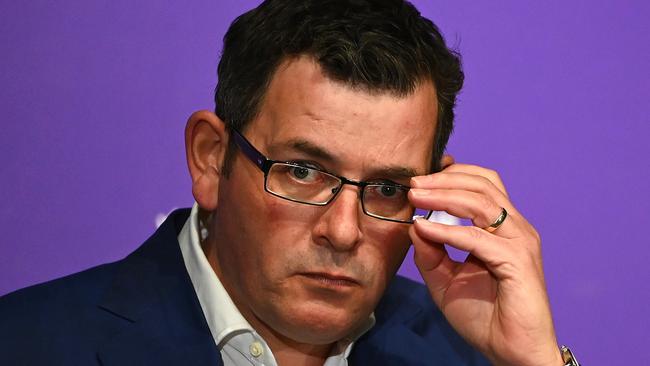
The potential for multi-jurisdictional conflict is more potent in reopening the economy than it was in shutting it down. Deloitte Access Economics partner Chris Richardson said of the government’s $214bn fiscal packages: “The problem is that the cost and benefits fall unevenly across jurisdictions. An economist would say the cost of the economic packages have accrued mainly to the federal government while the benefits have accrued mainly to the states.”
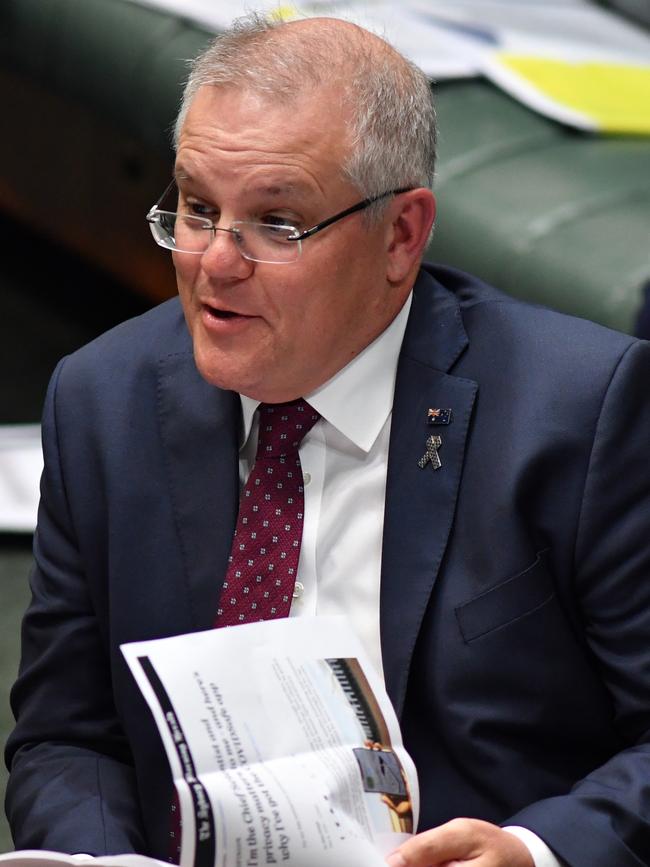
Economic reality is compounded by political reality. The federal government, as usual, is held responsible for the economy while the premiers, as agreed by the national cabinet, are the decision-makers on the timing of economic recovery — an unusual situation induced by the virus. It is a fault line between decision-making and accountability.
The success of the premiers in fighting COVID-19 has been underwritten by the massive support provided by the Morrison government and the private banks in keeping businesses afloat, workers tied to their companies and the unemployed on a doubled JobSeeker allowance. Australia’s fiscal packages equate to 10 per cent of gross domestic product, one of the largest globally. For the past 10 weeks the premiers have thrived, sitting in the national cabinet but popular because of their battle against the virus.
That equation is finished. There is a new politics inaugurated by the national cabinet. The challenge facing the premiers has just got harder, despite the life-and-death war they have recently waged. They must simultaneously manage the economic recovery but contain the inevitable virus outbreaks.
The situation was summarised by the Deloitte Access Economics report: “Our nation will begin its recovery with unemployment high, the private sector scared, the Reserve Bank tapped out and prices for our key exports weak. That says Australia’s recovery will be strikingly dependent on the extent to which our governments — federal and state — switch their policies away from the virus sprint and towards the recovery marathon.”
This constitutes the greatest challenge premiers have faced since World War II. Can Gladys Berejiklian and Daniel Andrews, heading the two main states, make the switch? How committed are they to attacking the intolerable levels of unemployment? How will they react when virus breakouts occur and they face demands, including media pressure, to revert to shutdown? Will they have the courage to stick by the economic opening or will they buckle?
Richardson said: “The judgment we face is how much extra risk we incur by inviting the virus back in set against the extra bang we get for the economy and jobs. The states need to think about this.
“We have a lot to lose. We know the virus is not beaten but Australia is in a better position than most other nations to take risks on economic recovery. If we can open up quickly, if we can ease restrictions within the six-month period, that makes so many other things easier for us. You get a virtuous cycle — the more we get the economy to grow, the more confidence we get in our recovery.”
But this isn’t just about the economy. It is about the people who are the economy. There are 1.4 million people on the unemployment benefit JobSeeker, there are 5.5 million workers enrolled in JobKeeper, with 835,000 businesses having signed up, and there are more than 450,000 small businesses, many close to the fiscal cliff, receiving cash support.
As Richardson said, it is the premiers who must now judge these competing risks between the economy and health. Their earlier reluctance on reopening schools, particularly Andrews’s resistance, hardly inspires confidence.
The performance of the three premiers — Berejiklian, Andrews and Queensland’s Annastacia Palaszczuk — on the ABC’s Q+A program on Monday was revealing. Each performed strongly. Each has grown in stature during the crisis. Yet the program’s focus was overwhelmingly on the risks from easing restrictions, not on the obligations to save people’s jobs, livelihoods and lives.
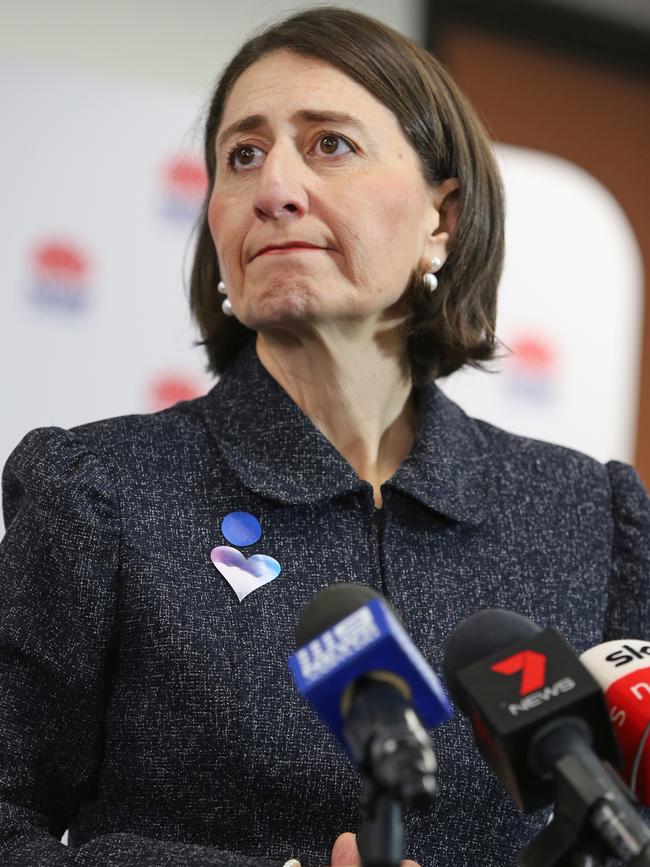
Australia is staring down the gun barrel of 10 per cent unemployment. Yet the unemployment crisis, possibly the worst since the Great Depression, and the wipe-out facing thousands of small businesses were hardly mentioned. How could this be? Was this an accurate measure of public sentiment, or of the mentality of the premiers, or just a devastating example of ABC programs being divorced from the real world?
The Prime Minister defines the task endorsed by the national cabinet as a three-stage process to achieve a COVID-safe economy by July that will see the restoration of 850,000 jobs and an increase in GDP of $9.4bn each month. The entire timetable is just the next 10 weeks. The onus rests with the premiers. There is not a day to be lost, let alone a week. The timetable will never be achieved unless the premiers are fully pledged to the task, with its economic, health and political challenges.
The issue is whether Australia will build on its health success to achieve economic success or succumb to a semi-permanent broken economy. It is accepted that different states will move at different rates. But Morrison nailed the issue: “We cannot allow our fear of going backwards from stopping us from going forward.”
Treasury has identified the restored jobs target for each state to July: 280,000 jobs in NSW, 216,000 in Victoria and 174,000 in Queensland. The main industries and events that will boost GDP are retail, schools reopening and hospitality (cafes, pubs, clubs). How committed are the big-state premiers to these targets if the going gets tough?
The Reserve Bank in its statement last week made clear the faster the recovery, the less the lasting damage to the economy. If there is recovery “in the near term” with “more limited damage to business and household confidence”, then much of the decline in GDP growth and the rise in unemployment “would be reversed over the next few years”, it said.
But Deloitte Access Economics warns Australia faces the risk of a slow recovery. In this situation, the central priority is the economy, not the budget. Richardson said: “If our economy gets better, so will the budget. The ‘mission accomplished’ signs can’t be put up until unemployment is back at 5 per cent, and on our forecasts that doesn’t happen until late 2024.”
Richardson calls the trade-off from a quick recovery “stunning”. Josh Frydenberg says the cost of failing to lift restrictions is a $4bn weekly hit to economic activity. Morrison’s problem is that these are not his decisions but he foots the bill for most of the economic lockdown and, if NSW and Victoria are too slow and lack the incentive, he pays the political price for higher unemployment and a prolonged contraction. Of course, Morrison has his own economic responsibilities; he needs to keep spending if necessary and let some of the existing programs continue beyond six months to boost jobs and activity.
The fight against unemployment must assume centre stage. This is the economic and moral obligation. It should be supported by all sides of politics, along with the essential task of containing the virus. The unemployment rate will fall in tandem with the economic reopening. Having a debate about what happens to JobKeeper in September is a crazy misunderstanding of priorities. What counts is what happens tomorrow, Thursday, Friday, next week and the week after. The task is meaningful recovery. The premiers, so far, have been judged by their success in fighting the virus, and the risk is they will cling to this fallback.
But there is a new imperative — getting unemployment down without being forced back to shutdown. It’s the story that counts now. Let’s put it up in lights.


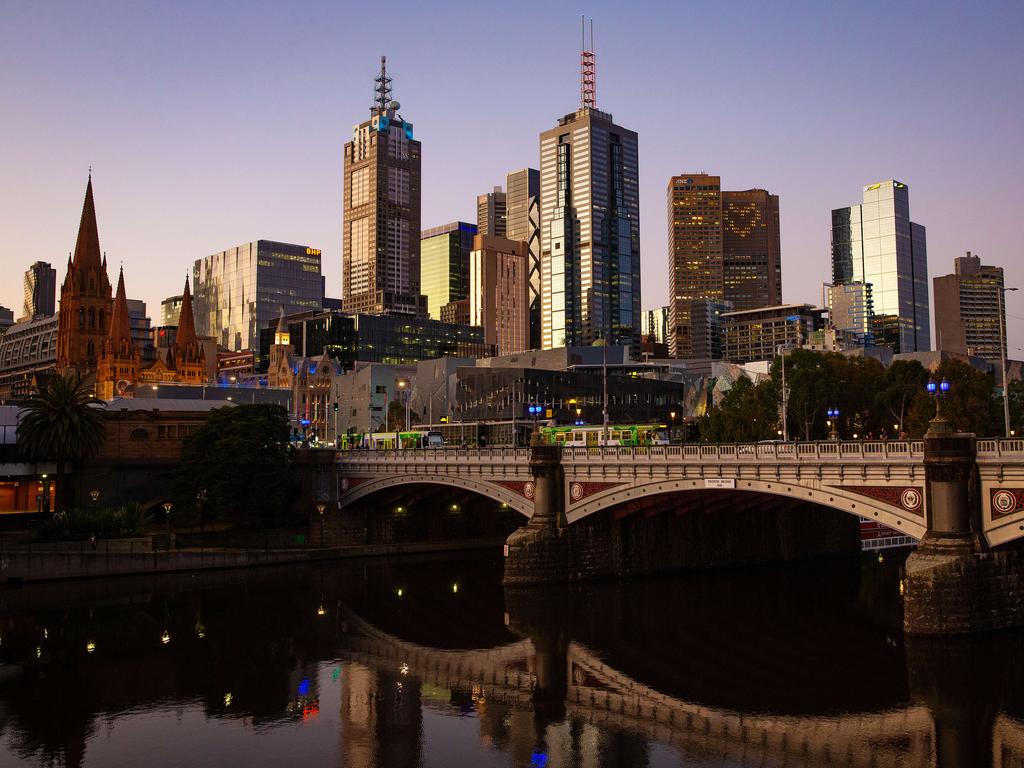


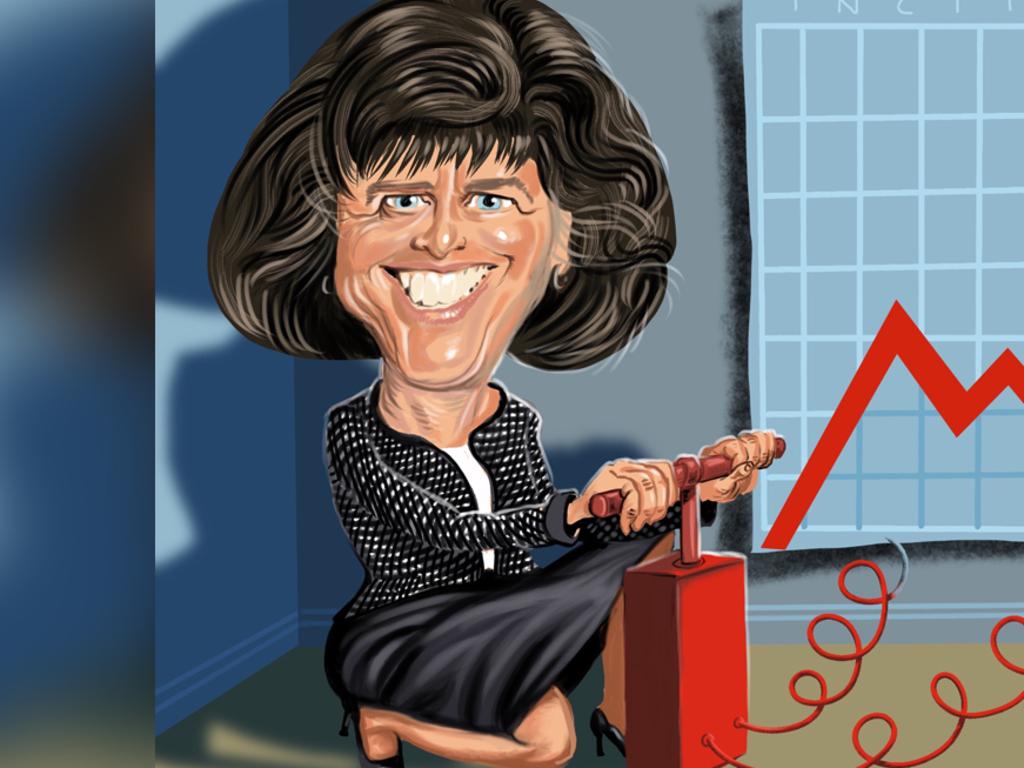


The Morrison government is exposed to a potentially high-risk dilemma: the states will determine the timing of the economic recovery, how many small businesses will live or die and how many workers will return to jobs, while Scott Morrison will largely be held accountable in political terms.